Herbs for Insomnia
A significant proportion of the population has trouble falling asleep at some time, and many people experience frequent insomnia. Some episodes of insomnia may happen occasionally without causing any serious problems, but sometimes it can last for months, or even years at a time.
With insomnia, you may: 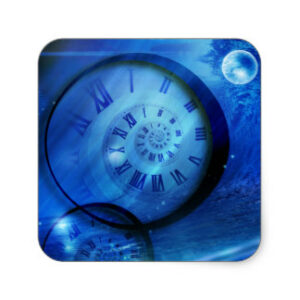
- find it difficult to fall asleep, or stay asleep
- lie awake for long periods at night
- wake up several times during the night
- wake up early in the morning and not be able to get back to sleep
- have non-restorative sleep (not refreshed when waking up in the morning)
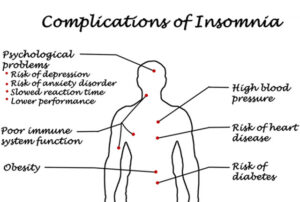 Insomnia that is persistent or chronic, can have a huge impact on the quality of everyday life. It may lead to lack of motivation, changes in mood, low energy, irritability and difficulty concentrating. Some research has linked insomnia to diabetes, high blood pressure, congestive heart failure, and other conditions.
Insomnia that is persistent or chronic, can have a huge impact on the quality of everyday life. It may lead to lack of motivation, changes in mood, low energy, irritability and difficulty concentrating. Some research has linked insomnia to diabetes, high blood pressure, congestive heart failure, and other conditions.
Causes of Insomnia
Some of the main causes are:
- stress, worry, anxiety and traumatic events
- shift work, jet lag and night-time waking to feed a baby – anything that may upset the natural sleep rhythm
- stimulants – drinking alcohol or a caffeinated beverage (eg. coffee, tea, cola) before going to bed
- mental health conditions – such as schizophrenia or depression
- physical health conditions – such as heart problems and chronic pain
- certain medications – such as steroids and some antidepressants
Good sleeping habits
To develop a good sleeping pattern, try to:
- set regular times for going to bed and waking up
- relax before bed time with a warm bath or calming music
- avoid caffeine, nicotine, alcohol and a heavy meal
- exercise in the daytime, but not before going to bed
- avoid watching tv, or using phones, tablets or computers near to bedtime
Herbs for Insomnia
The following herbs are beneficial for insomnia, but if you are taking any medication then please consult your doctor (as certain drugs can interact with some herbs).
Valerian (Valerian officinalis)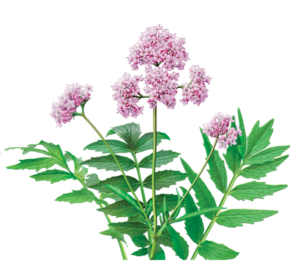
This is a great herbal sleep aid. Valerian will induce sleep, but will not cause a morning hangover or grogginess. The extracts of the root will not only help you to fall asleep faster, but will also improve sleep quality, For a very small percentage of people, valerian produces a stimulating rather than a sedating effect.
Californian Poppy (Eschscholzia californica)

The californian poppy belongs to the Papaveraceae family, and is a relation of the opium poppy – but much less powerful. The leaves and flowers have a calming and relaxing effect, helping with restlessness, tension, pain, anxiety and insomnia. It also has an anti-spasmodic action that helps to relax muscles – making it very useful for soothing tense and aching muscles.
Lemon Balm (Melissa officinalis)

Lemon balm is a calming herb, that assists in reducing stress and anxiety. Is also promotes sleep, improves the appetite, relives fever, eases headaches and helps indigestion (gas, bloating, and colic). Studies have shown a reduction in sleep disturbances as well as anxiety. It also possesses anti-bacterial and anti-viral properties.
Passion Flower (Passiflora incarnata)

Passion flower is an essential herb for insomnia that is caused by worry, overworking, or nervous exhaustion. Extracts of this have been shown to decrease anxiety and induce sleep. It has also been used to treat hysteria, neuralgia and opiate dependence. Since the effects of passionflower tend to be milder than valerian or kava kava, it is usually combined with other calming herbs.
Kava Kava (Piper methysticum)
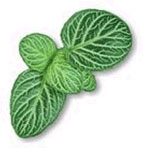
Kava kava contains substances that can calm the anxious mind and body – making it an ideal herb for reducing the symptoms of anxiety and stress, and the insomnia that may stem from this. Due to the mild euphoric feeling that kava kava may induce, it can sometimes be considered to be potentially addictive (although this has not been confirmed by any studies).
Chamomile (Matricaria recutita)
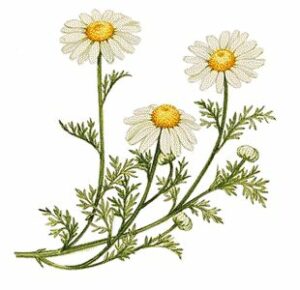
This herb has a great reputation for calming nerves and gently aiding sleep. Chamomile’s main healing properties come from its flowers, which contain volatile oils. It is also well known for helping teething pain in babies, indigestion and faster wound healing. It has anti-inflammatory, anti-bacterial and anti-allergenic properties too. For insomnia, it has mild sedating and muscle relaxing properties. A good bedtime tea would be Chamomile Flower Tea
Other Ideas
Magnesium – this assists in decreasing cortisol (the stress hormone) and so gives a feeling of calmness, helping to promote sleep. It is also a natural muscle relaxant, soothing tense and stiff muscles. There are different ways to take magnesium for insomnia – as an oral supplement (magnesium tablets or liquid) and even through the skin (magnesium oil, or epsom salt baths).
Tart Montmorency Cherries – these particular type of cherries contain a large amount of phytochemicals including melatonin. This naturally occurring melatonin helps to regulate the daily sleep and wake cycles. Studies show that tart cherry juice enhances the quality of sleep. You can take this supplement in juice or capsule form.
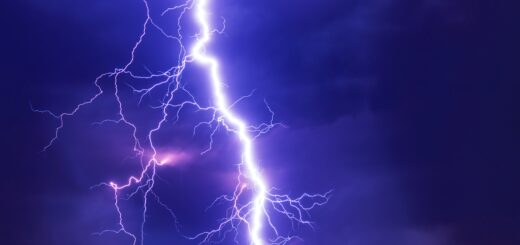
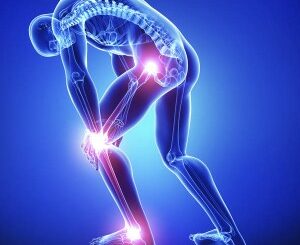
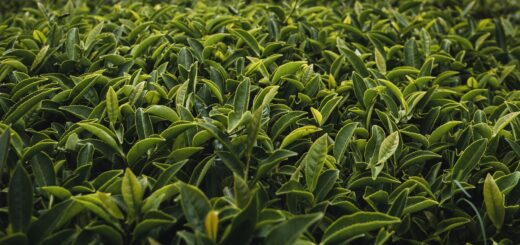
Recent Comments